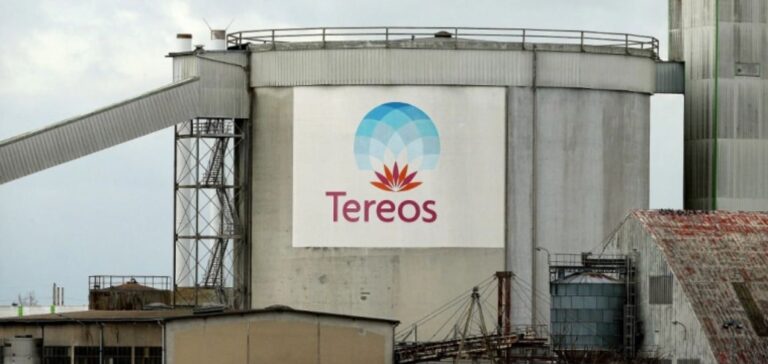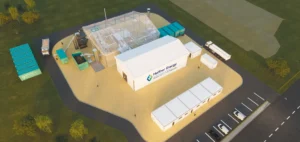Lénéo, a company specializing in renewable energy production, recently unveiled its plans for a new biogas production unit at the former Tereos distillery site in Morains, located in the Aisne department. This project marks an important step in the company’s expansion strategy in the biogas sector, a green and sustainable alternative to natural gas.
A strategic project for the energy transition
Biogas production will be carried out through the methanization of organic waste from the distillation process. This project is set within a context where the demand for renewable energy sources is on the rise, particularly in France, where the goal is to reduce greenhouse gas emissions. The plant, which will be operational by 2024, will produce several million cubic meters of biogas annually, thus contributing to diversifying the country’s renewable gas supply. Lénéo clarified that the production will supply both the local market and help meet national decarbonization objectives.
Partnerships and funding
To carry out this project, Lénéo is benefiting from partnerships with local and national players. Funding from various public and private institutions supports the initiative, thus confirming the enthusiasm for renewable energy projects in France. The company has also collaborated with sector experts to implement methanization technology, aiming to optimize energy yields while minimizing the environmental impact of production.
A rapidly growing market
The biogas market in France has experienced rapid growth in recent years, supported by policies favorable to energy transition. The government has implemented several financial and regulatory incentives to boost renewable gas production, and Lénéo benefits from these supports for its biogas projects. The market could continue to expand as new production units, like the one in Morains, come online. This development is part of a broader dynamic aimed at reducing the country’s energy dependence and strengthening supply security.
Perspectives for the energy sector
The biogas sector is considered strategic for France in its decarbonization policy. With the growing demand for clean energy sources, biogas production could play a key role in the energy transition, both for industries and individuals. The Morains project adds to other similar initiatives across the country, and Lénéo is counting on this growth to expand its portfolio in renewable energy.






















